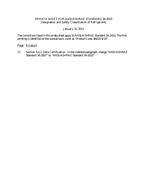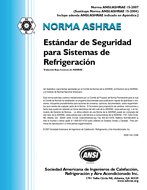Description
All countries face the challenge of assuring secure, reliable energy services in the coming decades. Almost all countries in Africa have experienced interruption of some form of energy supply in recent years. Tension in oil and gas markets, changing rainfall patterns, expanding demand, as well as internal technical, managerial and financial problems, have caused crisis in the availability of fuels or electricity. Furthermore, the challenges of climate change are putting increasing pressure on energy sector development in Africa. A large majority of African countries are heavily dependent on energy imports. Even the African countries that are major exporters of energy – petroleum, gas, and electricity or biomassfuels – must import at least one crucial element of their energy mix.
The improvement of economic governance and the investment climate are essential elements to build Africa’s economic strength and allow Africa to move away from continuous donor support and find its place in global markets. Integrating national systems into regional networks will foster sustainable economic growth and development and improve energy security. The international economic crisis has highlighted the importance of regional integration as a means to aid those countries that rely on a limited range of energy supplies. Solar, wind and other RES as well as the thermal and electrical energy are explored in our continent and the present work briefly outlined the scope, goals, methodologies and applications. Samples and case studies are shown.
Product Details
- Published:
- 2012
- Number of Pages:
- 9
- File Size:
- 1 file , 620 KB
- Product Code(s):
- D-CH-12-C009
- Note:
- This product is unavailable in Russia, Belarus




